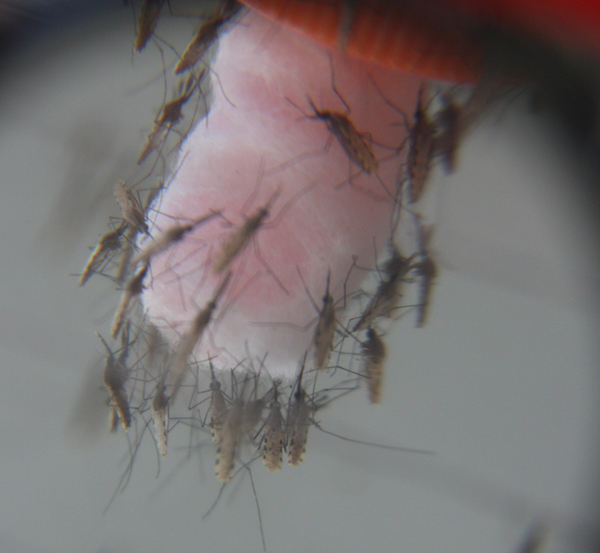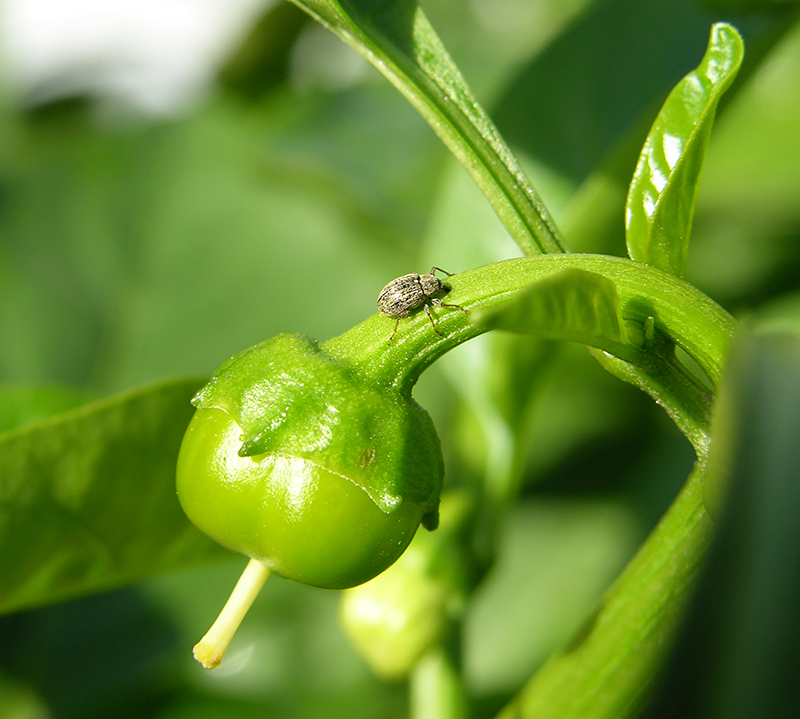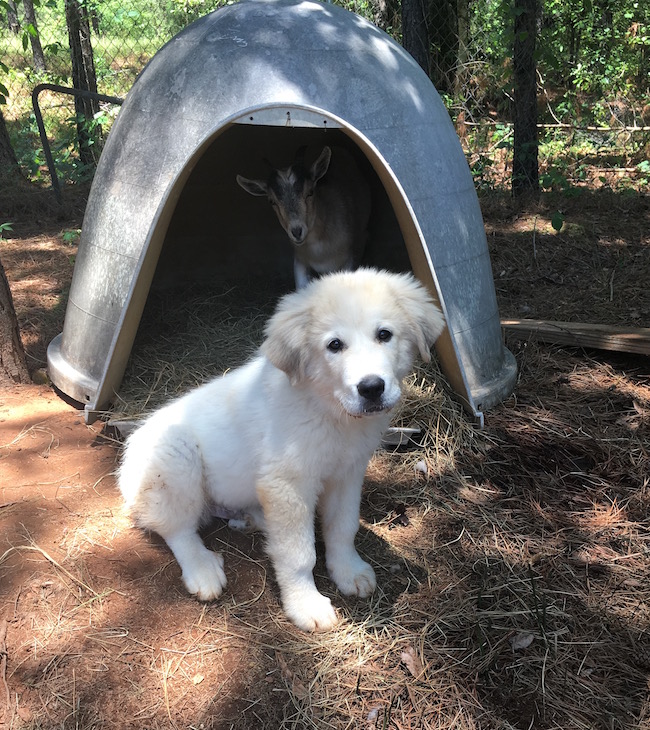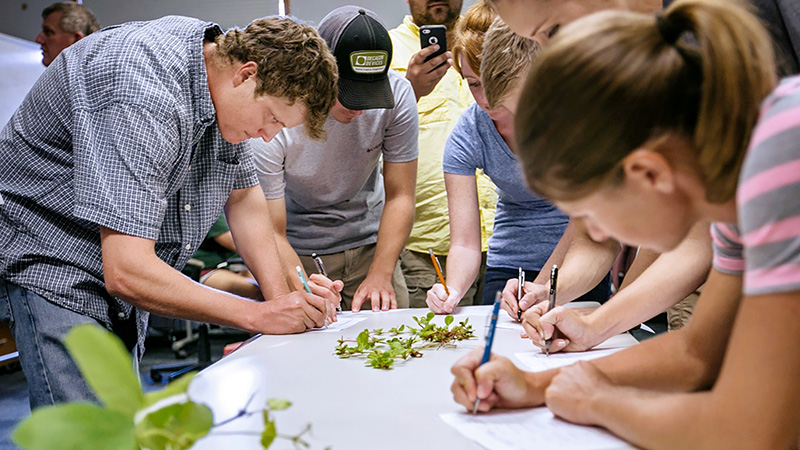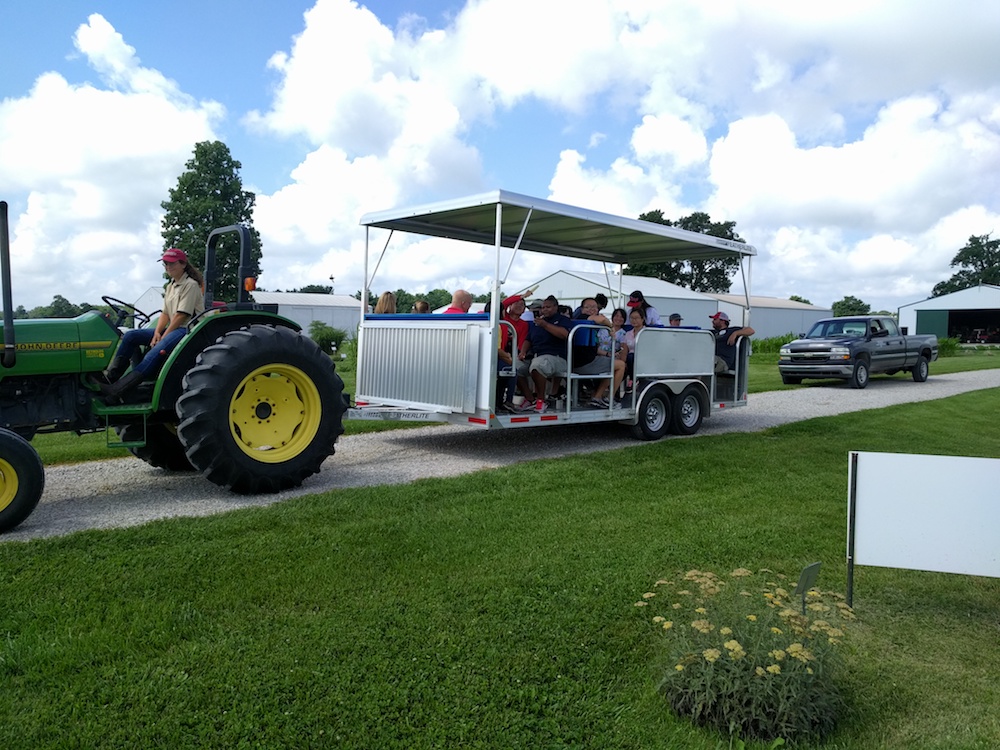 CAES News
CAES News
Crop Protection Career Tour
Starting July 10, University of Georgia College of Agricultural and Environmental Sciences (CAES) graduate students will hit the road to explore career opportunities available in the crop protection industry and the Cooperative Extension System.

